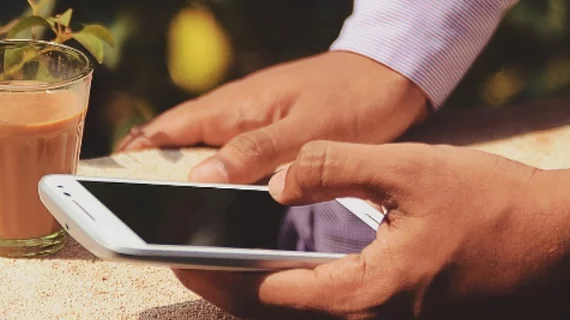Study: Diabetes apps fall short for disease management
A Singapore-based research team is cautioning diabetics to be mindful of what apps, if any, they’re using to manage their condition after an analysis found the majority of such aids lack the ability to effectively monitor a patient’s diet, activity, medications, glucose and insulin.
A team led by Josip Car, MD, PhD, director of the Lee Kong Chian School of Medicine’s Centre for Population Health Sciences, scrutinized the top 24 Google results for “best diabetes apps 2017” to get a feel for which apps were most popular among diabetics in the recent past, the Straits Times reported. The researchers measured an app’s efficacy based on five criteria: its ability to manage medication, blood glucose level, physical activity, diet and weight.
Car said despite the fact that those criteria were rooted in guidelines from the American Diabetes Association and British NHS, just three apps met all five benchmarks. Nutrition and diet functions were most common in diabetes apps, reaching 79 percent prevalence, while blood glucose management (67 percent), physical activity tracking (58 percent) and weight tracking (33 percent) features followed suit.
Less than half of apps had medication management features to track insulin use or calculate dosage.
Car said the apps are helpful, but they can also be misleading. Patients might download the app expecting it’s all they need to help manage their condition, but that’s far from the truth. He said many of the healthcare apps currently available to patients are developed without input from physicians to cut costs and minimize time to market.
“There is very little evidence on the effectiveness of these apps for people with diabetes,” Car told the Straits Times. “To the best of our knowledge, not a single app in the world is formally recommended by any diabetes society.”
Read the full story below:

